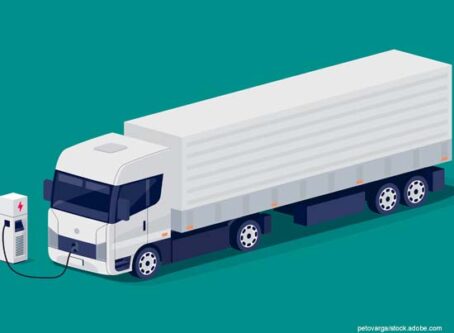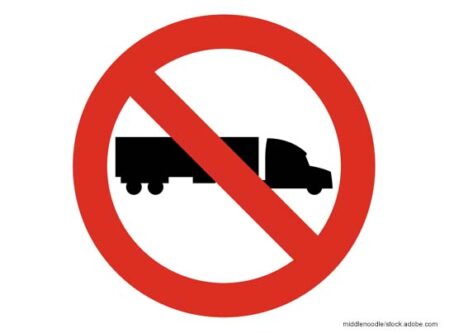South Carolina bills tackle road safety, privacy issues
Legislators in South Carolina this month filed bills for consideration during the upcoming regular session that cover road safety and privacy issues. Topics cover concern about slow-moving traffic on the state’s fastest highways, the use of vehicle tracking technology, and distracted driving.
South Carolina law now prohibits slow-moving vehicles from impeding “the normal and reasonable movement” of traffic. Exceptions are made for when reduced speed is necessary for safe operation or in compliance with law.
The state Department of Transportation and local authorities are also authorized to establish minimum speed zones. Affected areas can be set when an engineering and traffic investigation shows that slow speeds on a portion of highway consistently impede the normal and reasonable movement of traffic.
Rep. J. Todd Rutherford, D-Richland, has introduced a bill to raise the minimum speed limit along the state’s interstates. Specifically, the bill reads that along highways with a maximum posted speed of 70 mph the minimum speed would be 50 mph – up from 45 mph.
The bill, H3155, awaits consideration in the House Education and Public Works Committee for the regular session that begins Jan. 12.
Tracking truckers
A separate bill from Rep. Rutherford would set rules for the practice of tracking movements of professional drivers via automatic license plate readers, or ALPRs.
High-tech cameras to capture the date, time and location that scanned vehicles passed are used in some capacity by about 600 local and state police departments and other state and federal agencies, according to the ACLU. Private business, such as repossession companies and vehicle insurance companies, also use the technology that can capture about 1,800 images per minute.
The bill, H3137, would set rules for use of the technology in the state. Specifically, agencies and parking enforcement entities throughout the state would be permitted to use the devices at entrance ramps to weigh stations.
The South Carolina Department of Transportation would be authorized to use the equipment for the electronic verification of registration, logs, and other compliance data “to provide more efficient movement of commercial vehicles.”
Data could be shared with other law enforcement agencies. Additionally, data would be required to be destroyed after 90 days.
The bill will start the 2021 session in the House Education and Public Works Committee.
‘Stingrays’
Multiple House bills cover concern about technology used to gain access to cellphone data.
Sponsored by Rep. Rutherford, the legislation targets the use of military-grade surveillance devices that are commonly referred to as “stingrays.” The devices are used by police and other law enforcement agencies.
The equipment mimics cellphone towers and allows law enforcement to track the movements of anyone nearby with a cellphone. The numbers of people’s incoming and outgoing calls and text messages are also captured.
In addition, the federal government encourages and funds the technology at the state and local level throughout the nation.
The American Civil Liberties Union has identified 75 agencies in 27 states that use cell site simulators that gather phone usage data on targets of criminal investigations, as well as data from innocent cellphone users.
The first South Carolina bill, H3138, calls for ending existing programs used in the state and it prohibits new programs.
The second bill, H3150, would prohibit law enforcement agencies from purchasing the devices from companies that require non-disclosure agreements.
H3150 will begin the upcoming session in the House Judiciary Committee. H3138 will be in the House Labor, Commerce and Industry Committee.
Distracted driving deterrent
One more bill addresses concern about distracted driving.
South Carolina law already prohibits texting and driving. Violators face $25 fines. Repeat offenders face fines up to $50.
Sponsored by Rep. West Cox, R-Anderson, the bill is intended to deter use of hand-held devices while driving. Specifically, H3093 would raise the fine amount to $200 for first offenses and subsequent offenses.
The bill will start the year in the House Judiciary Committee. LL









